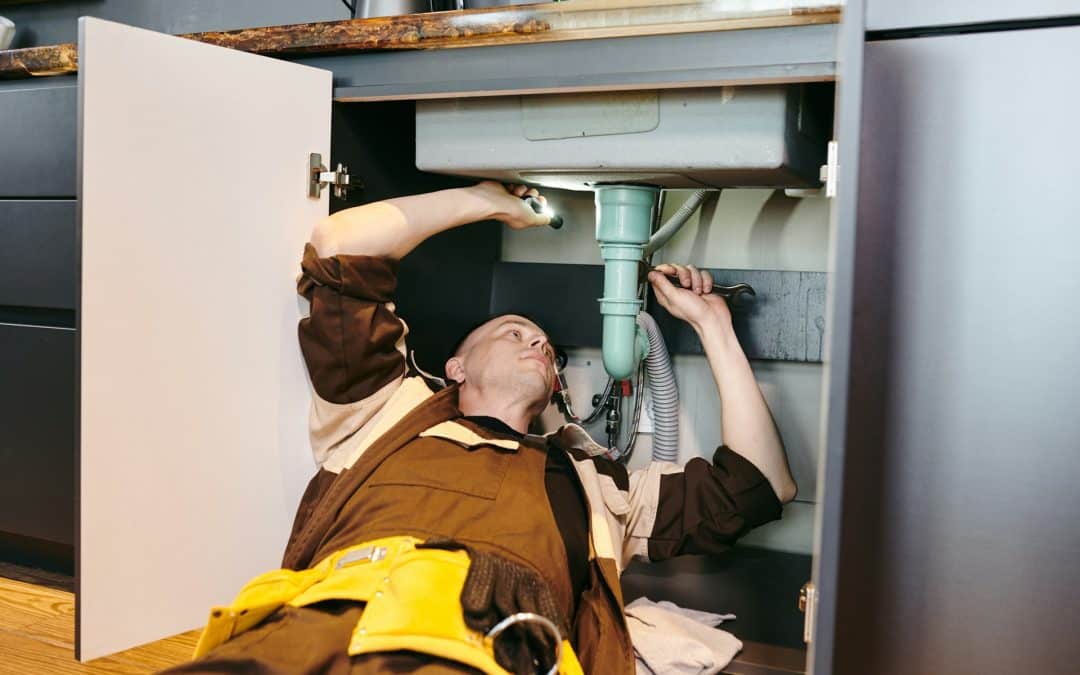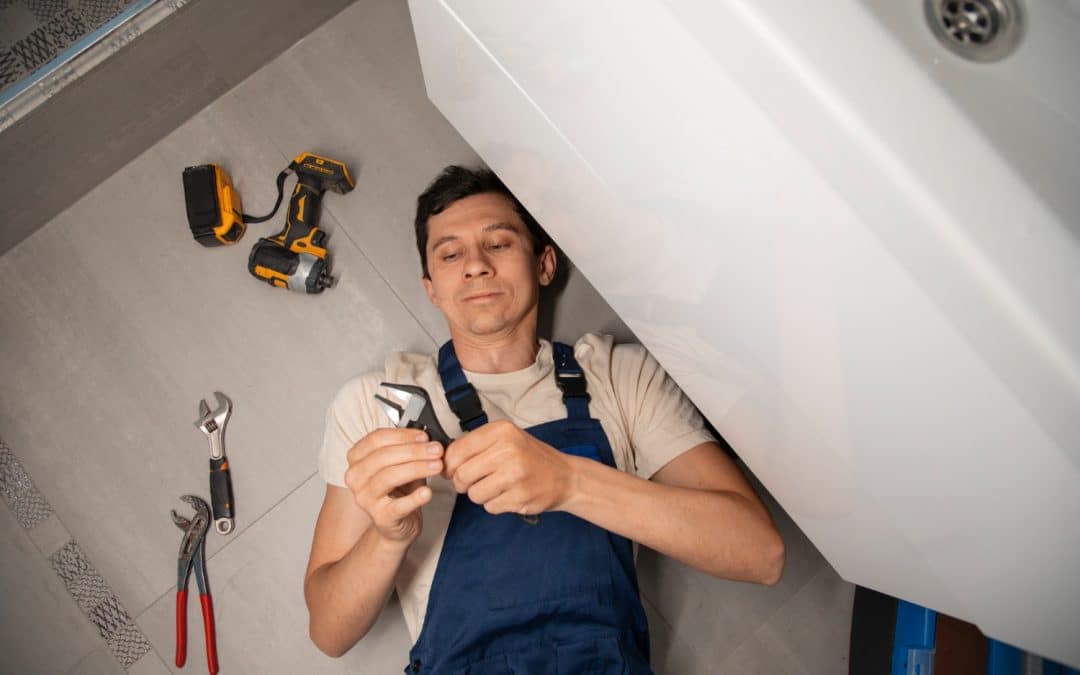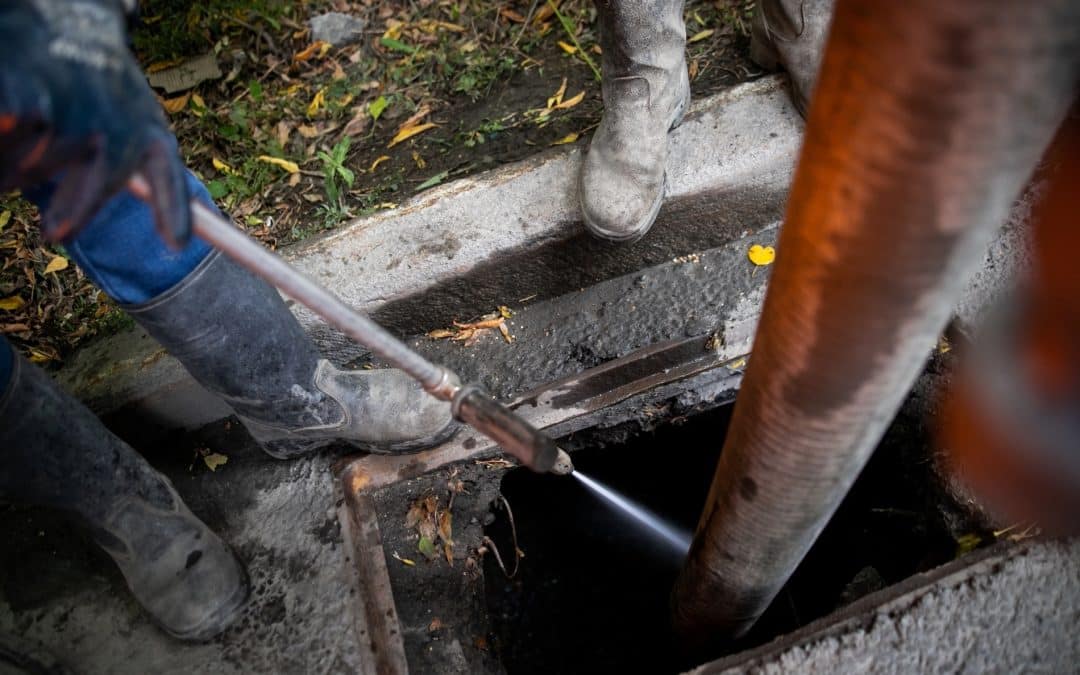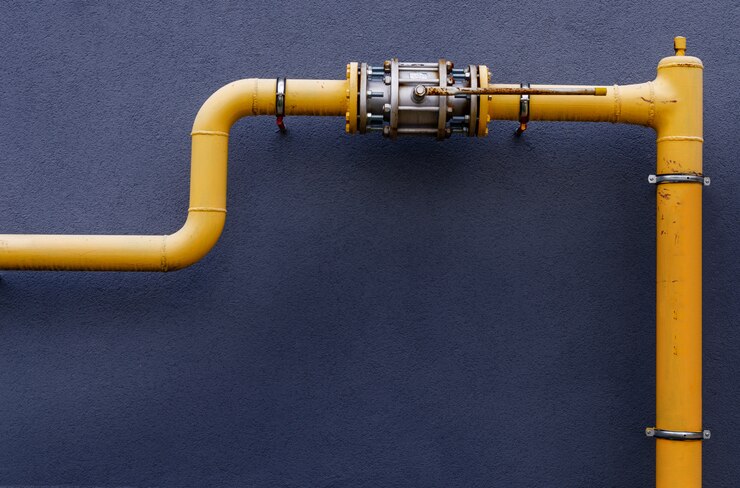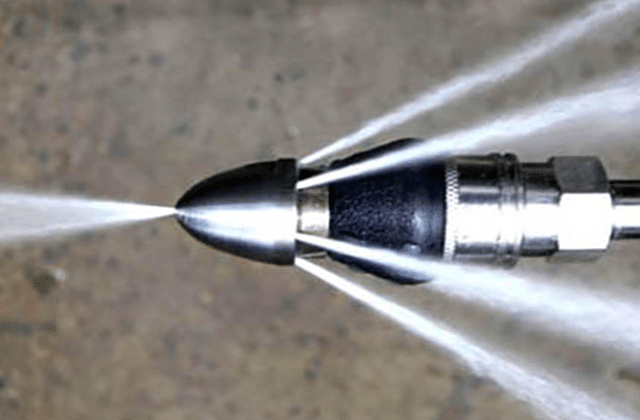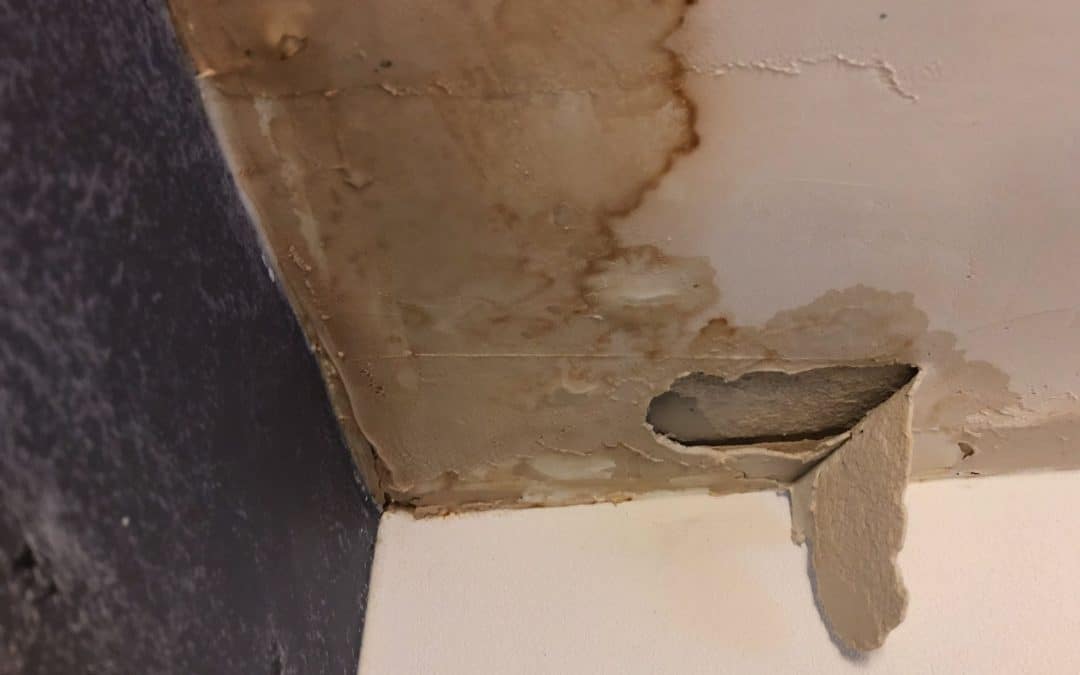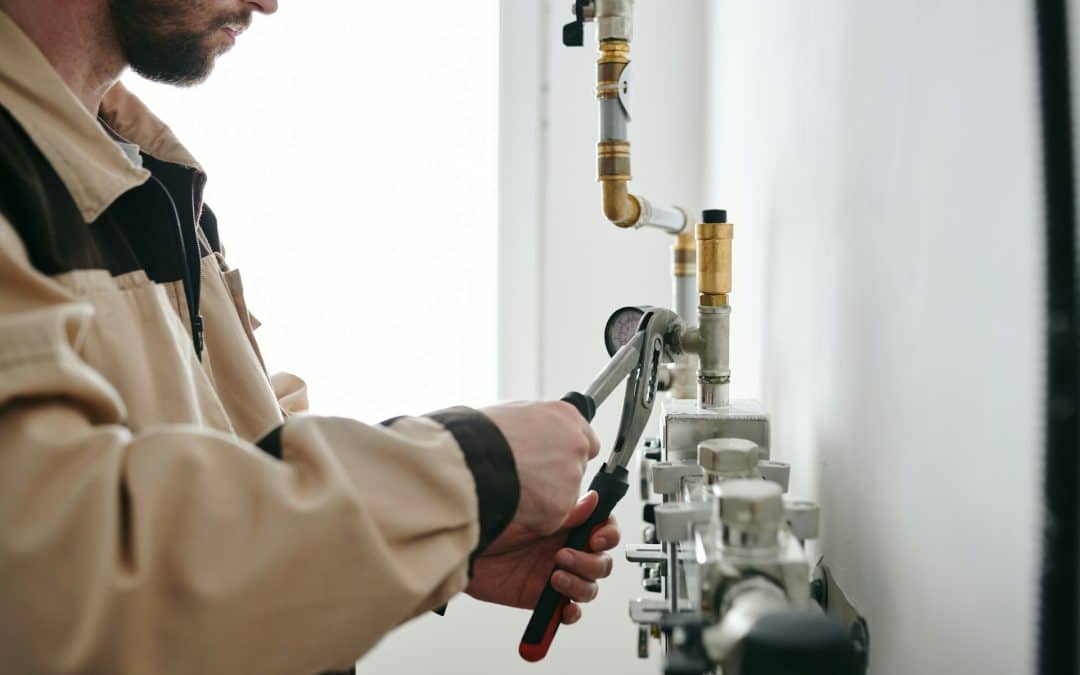Choosing the right water heater for your home is an important decision. One of the options gaining popularity is the tankless water heater. Unlike traditional water heaters that store hot water in a tank, tankless water heaters heat water on demand. This means you get hot water whenever you need it, without the delay and energy loss associated with tank-style heaters.
The shift to tankless water heaters isn’t just a trend; it offers real advantages for homeowners. From energy efficiency to continuous hot water supply, the benefits are significant. Tankless water heaters are also ideal for homes with limited space, as they take up much less room than traditional models. These heaters are known for their long-term reliability and cost savings, which can make a big difference over time.
Understanding how tankless water heaters work and why they are beneficial can help you make an informed decision. Whether you’re building a new home, replacing an old system, or simply looking to upgrade, a tankless water heater could be the perfect solution for your hot water needs. Let’s dive into the advantages and see why it might be time to go tankless.
Understanding How Tankless Water Heaters Work
Overview of Tankless Technology
Tankless water heaters work by heating water directly as it flows through the unit. When you turn on the hot water tap, cold water travels through a pipe into the tankless unit. There, either a gas burner or an electric element heats the water instantly. Because the water is heated only when needed, tankless water heaters are often called on-demand water heaters. This method eliminates the need for a storage tank and reduces the energy wasted by keeping a large tank of water constantly heated.
How It Differs from Traditional Water Heaters
Traditional water heaters maintain a large tank of hot water, which uses energy even when you’re not using hot water. This is known as standby heat loss. When hot water is drawn from the tank, it is replenished with cold water, which the heater must then reheat. Tankless water heaters, on the other hand, provide hot water only when needed and do not have the standby heat loss associated with traditional tank heaters. This leads to increased efficiency and typically results in lower energy bills.
Key Benefits of Tankless Water Heaters
Energy Efficiency and Cost Savings
One of the biggest benefits of tankless water heaters is their energy efficiency. Since they heat water only when you need it, they use less energy than traditional water heaters. This can lead to significant cost savings on your utility bills. According to the U.S. Department of Energy, tankless water heaters can be up to 34% more efficient than conventional storage tank water heaters for homes that use 41 gallons or less of hot water daily.
Unlimited Hot Water Supply
Another major advantage of tankless water heaters is the endless supply of hot water. Because these units heat water on demand, you won’t run out of hot water, even during peak usage times. This is especially beneficial for large families or households with high hot water demands. Gone are the days of racing to shower before the hot water runs out; with a tankless water heater, you’ll always have hot water when you need it.
Space-Saving Design
Tankless water heaters are much smaller than traditional units, making them a great option for homes with limited space. They can be mounted on a wall, freeing up valuable floor space. This is particularly useful in smaller homes, apartments, or areas where space is at a premium. The compact design also allows for more flexibility in the placement of the unit, so you can install it in a location that works best for your home layout.
Factors to Consider Before Installing a Tankless Water Heater
Initial Installation Costs
Although tankless water heaters offer many benefits, it’s important to consider the initial installation costs. These units can be more expensive upfront compared to traditional water heaters. Besides the cost of the unit itself, you might need to pay for additional modifications in your home. For instance, installing a gas line or upgrading your electric system to support the tankless unit can add to the total cost. However, many homeowners find that the long-term energy savings and increased efficiency make the initial expense worthwhile.
Sizing and Capacity Considerations
Choosing the right size tankless water heater is crucial for meeting your household’s hot water needs. Unlike traditional water heaters, which store a fixed amount of water, tankless heaters heat water on demand. You will need to select a unit that can handle your home’s peak hot water usage. Consider factors like the number of showers, appliances, and faucets that will be used simultaneously. Working with a professional can help you determine the correct size and capacity for your tankless water heater, ensuring a consistent hot water supply.
Maintenance Requirements
Regular maintenance is key to keeping your tankless water heater running smoothly. Tankless units require descaling and flushing to remove mineral deposits that can build up over time. This is especially important in areas with hard water. By maintaining your tankless water heater, you can extend its lifespan and ensure it operates efficiently. While maintenance might seem like an extra chore, it is relatively simple and can save you from costly repairs in the future. Consulting with a professional plumber for regular checkups can also keep your unit in top condition.
Common Myths About Tankless Water Heaters Debunked
Myth: Tankless Heaters Are Always Better
While tankless water heaters offer many advantages, they are not the perfect solution for everyone. Some homes may not have the required infrastructure, such as gas lines or sufficient electrical capacity, to support a tankless unit without significant modifications. Additionally, the initial installation costs can be a drawback for some homeowners. It’s essential to evaluate your specific needs and circumstances to determine if a tankless water heater is the best choice for your home.
Myth: Tankless Systems Don’t Need Maintenance
A common myth is that tankless water heaters require little to no maintenance. In reality, regular maintenance is essential to keep the unit running efficiently. Without proper maintenance, mineral buildup can reduce efficiency and lead to potential issues. Routine descaling and flushing will help prevent these problems, ensuring a longer lifespan and consistent performance.
Myth: Tankless Water Heaters Have High Failure Rates
Some people believe that tankless water heaters have higher failure rates than traditional units. However, tankless water heaters are actually known for their durability and long lifespan. When properly maintained, a tankless water heater can last up to 20 years, significantly longer than the 10-15 year lifespan of a traditional tank water heater. Quality and proper installation also play a crucial role in the longevity of your tankless unit.
Final Thoughts
Tankless water heaters offer numerous benefits, from energy efficiency and cost savings to an endless supply of hot water and space-saving design. They represent a smart investment for homeowners who want to upgrade their water heating systems. Understanding how tankless water heaters work and knowing the key benefits can help you make an informed decision. Keep in mind factors such as installation costs, sizing requirements, and regular maintenance to ensure your tankless water heater operates efficiently and lasts for many years.
Debunking common myths about tankless water heaters is also important, as it helps set realistic expectations and prepares you for what to expect. When you balance these pros and cons, you can determine if a tankless water heater is the right fit for your home.
Ready to make the switch? Contact Plumbing Kings LLC today to discuss your options and get professional installation services. Our team is here to help you make the best choice for your home’s hot water needs. Reach out now and enjoy the benefits of a tankless system!


